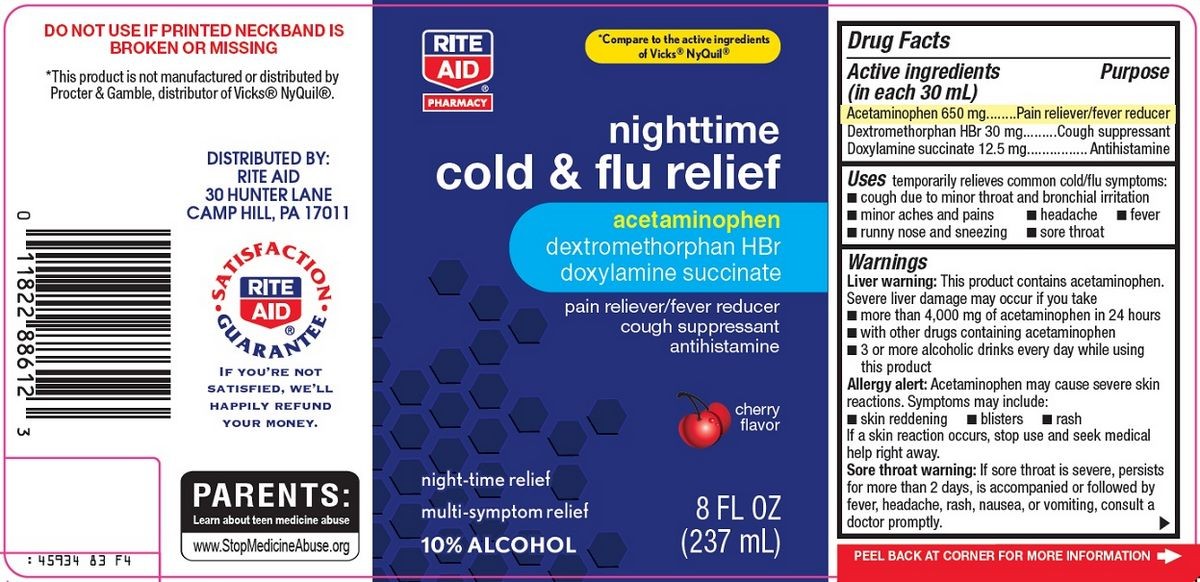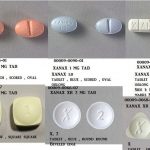
Contents
- 1 Acetaminophen, Doxylamine, Dextromethorphan, and Phenylephrine
- 1.0.1 What is Acetaminophen, Doxylamine, Dextromethorphan, and Phenylephrine, and What is it Used For?
- 1.0.2 Warnings
- 1.0.3 What are the Side Effects of Acetaminophen, Doxylamine, Dextromethorphan, and Phenylephrine?
- 1.0.4 What are the Dosages of Acetaminophen, Doxylamine, Dextromethorphan, and Phenylephrine?
- 1.0.5 What Drugs Interact with Acetaminophen, Doxylamine, Dextromethorphan, and Phenylephrine?
- 1.0.6 Pregnancy and Breastfeeding
- 1.0.7 What Else Should I Know about Acetaminophen, Doxylamine, Dextromethorphan, and Phenylephrine?
- 1.0.8 From
- 1.0.9 Summary
Acetaminophen, Doxylamine, Dextromethorphan, and Phenylephrine
Brand Names: Alka-Seltzer Plus Night Cold Formula, Tylenol Cold Multi-Symptom Nighttime Liquid, Alka-Seltzer Plus Night Severe Cold, Cough and Flu, Alka-Seltzer Plus Night Sinus Congestion, Allergy and Cough
Drug Class: Cough/Cold, Non-narcotic Combos; Analgesic/Antihistamine/Antitussive/Decongestant Combos
What is Acetaminophen, Doxylamine, Dextromethorphan, and Phenylephrine, and What is it Used For?
Acetaminophen/doxylamine/dextromethorphan/phenylephrine is a combination medication used for the temporary relief of common cold and flu symptoms, including fever, headache, body aches, cough, sore throat, runny nose, sneezing, and nasal and sinus congestion. Four drugs are combined in specific dosages in the formulation and the combo drug is available over the counter (OTC). Each medication works differently and together they provide more effective relief than any of them alone.
- Acetaminophen is an analgesic and antipyretic drug used to relieve pain and fever by blocking impulse generation and inhibiting prostaglandin synthesis in the central nervous system (CNS).
- Doxylamine is an antihistamine that works by blocking the activity of histamine, relieving allergy symptoms and producing sedation.
- Dextromethorphan suppresses cough by reducing the sensitivity of cough receptors in the brain.
- Phenylephrine is an alpha1 agonist that constricts blood vessels in the nasal and sinus passages, reducing congestion.
Warnings
- Do not use in patients with known hypersensitivity to any component of the formulation.
- Do not use in patients with asthma, severe liver function impairment, narrow-angle glaucoma, prostate enlargement and urinary obstruction, bladder neck obstruction, stenosing peptic ulcer, G6PD enzyme deficiency, cardiovascular diseases, diabetes mellitus, respiratory disease, or thyroid dysfunction.
QUESTION
What are the Side Effects of Acetaminophen, Doxylamine, Dextromethorphan, and Phenylephrine?
Common side effects include dizziness, drowsiness, headache, tremor, excitability, restlessness, constriction of peripheral and abdominal blood vessels, hypertension, reflex tachycardia, gastrointestinal disturbances, dry nose, mouth and throat, thickening of mucus, and blood disorders.
Call your doctor immediately if you experience any of these symptoms or serious side effects:
- Serious heart symptoms
- Severe neurological symptoms
- Severe nervous system reaction
- Serious eye symptoms
This is not a complete list of all side effects. Call your doctor or report side effects to the FDA.
What are the Dosages of Acetaminophen, Doxylamine, Dextromethorphan, and Phenylephrine?
Capsule
- 325 mg/6.25 mg/10 mg/5 mg
Adult and Pediatric:
Congestion, Rhinorrhea, Cough, Sore Throat, Headache, Fever, Minor Aches and Pains
Children below 12 years: Ask a pediatrician
Children 12 years and above and adults: 2 caps orally once every 4 hours as needed; not to exceed 12 caps/day
Overdose
- Overdose can cause kidney and liver damage, seek immediate medical attention.
- Overdose treatment may involve activated charcoal and antidote to acetaminophen.
What Drugs Interact with Acetaminophen, Doxylamine, Dextromethorphan, and Phenylephrine?
Inform your doctor of all medications you are taking, and never make changes without your doctor’s recommendation.
- Severe interactions include certain medications.
For more information on drug interactions, visit the RxList Drug Interaction Checker.
Always tell your doctor of all medications you use and check with your doctor or health care provider if you have any questions about the medication.
Pregnancy and Breastfeeding
- Use during pregnancy and breastfeeding should be done only if clearly needed.
- Use with caution if you are a nursing mother.
- Consult your healthcare provider before taking any OTC drug.
What Else Should I Know about Acetaminophen, Doxylamine, Dextromethorphan, and Phenylephrine?
- Take as prescribed or as per label instructions.
- Do not exceed recommended dosage or take for prolonged periods.
- Check product labels carefully to avoid overdose.
- Discontinue use immediately if you develop hypersensitivity reactions or severe skin reactions.
- Consult your healthcare provider if symptoms do not improve within 7 days, fever worsens or lasts longer than 3 days, or you experience any new symptoms or serious side effects.
From
Cold and Flu Resources
- Cold and Flu Season in Your Area
- Cold and Flu Symptoms Across the U.S.
- Elderberry Health Benefits
Featured Centers
- What Are the Best PsA Treatments for You?
- Understanding Biologics
- 10 Things People With Depression Wish You Knew
Summary
Acetaminophen/doxylamine/dextromethorphan/phenylephrine is a combination medication used for the temporary relief of common cold and flu symptoms. Common side effects include dizziness, drowsiness, headache, tremor, excitability, restlessness, constriction of blood vessels, high blood pressure, gastrointestinal disturbances, and others. Consult your doctor if pregnant or breastfeeding.
Acetaminophen/doxylamine/dextromethorphan/phenylephrine is a combination medication used for the temporary relief of common cold and flu symptoms. Common side effects include dizziness, drowsiness, headache, tremor, excitability, restlessness, constriction of blood vessels, high blood pressure, gastrointestinal disturbances, and others. Consult your doctor if pregnant or breastfeeding.


